Oman a ‘reliable mediator’ to resolve crises in West Asia: Observer
By Ali Ghorban Bagheri
A Lebanese political commentator has expounded on the recent trip of Oman’s Sultan Haitham bin Tariq Al Said to Iran, calling Muscat a “reliable mediator” to resolve crises in the strategic West Asia region.
In an exclusive interview with the Press TV website on Tuesday, Ali Ezzeddine delved into the goals and significance of Sultan Haitham’s visit to Iran as well as Oman's mediation role in regional issues.
The trip, which came at the invitation of Iran's President Ebrahim Raeisi, was scheduled exactly a year after the Iranian president visited the Persian Gulf sultanate.
During President Raeisi’s trip to Muscat, a total of 12 cooperation agreements to boost cooperation between the two sides were signed.
Ezzeddine said Iran’s resistance against Western sanctions, which led to the defeat of Washington’s so-called “maximum pressure” campaign, was heralded as Tehran’s victory by regional states and prompted them to seek amelioration of relations with Iran.
“For the time being, the focus point in the region is efforts by Persian Gulf countries to improve ties with Iran, including the improvement of Saudi Arabia's relations with Iran, which was done with Oman's mediation in China and based on this country's soft diplomacy, as opposed to the harsh diplomacy of the United States, which led to war in the region and increased suffering of nations,” he remarked.
The Lebanese analyst pointed to Sultan Haitham’s visit to Iran and mediation efforts to improve relations between Iran and Egypt within the framework of reconciliation and normalization of relations in the West Asia region.
“Just as Saudi Arabia’s Mohammed bin Salman has taken steps forward, Egypt also intends to free itself from the humiliating agreements with Israel that have not brought political and economic results for the government and people of the country,” Ezzeddine said.
He underlined that Iran, by insisting on its strong position, has sent a positive signal to the countries of the region that “we can confront America and its sanctions and win.”
Ezzeddine described Oman as “a reliable mediator,” saying the mediation role of Oman in Yemen led to the reduction of tensions there, adding that Muscat played an essential role in the issue because of its “trust-building” position.
Elsewhere in his interview with the Press TV website, Ezzeddine touched upon historical, economic, bilateral and friendly relations between Iran and Oman.
“After the signing of 12 memorandums of understanding during Raeisi’s visit to Oman, we are now witnessing two major memorandums of understanding in the field of energy and gas and agreements in the fields of agriculture, industry and defense industries,” he said.
“Iran is very advanced in the field of defense industries, and more importantly, the two countries plan to make agreements in the maritime field and waterways on both sides of the Strait of Hormuz, which will increase the scope of extensive and deep trade relations between Tehran and Muscat after the all-out war in Yemen subsides,” he added.
The analyst underlined that such bilateral relations would strengthen the trade balance between Iran and Oman, which will have a positive effect on the neighboring countries and enable coexistence.
He warned against plots to create instability in the region and said, “The United States is looking for fomenting sedition in the region but will definitely fail in the face of the will and determination of the nations of the region and their brotherly relations."
At least 19 Gazans killed by Israeli airstrikes since dawn: Medics
Leader: Iran has no proxy forces in West Asia
US fighter aircraft shot down ‘in friendly fire’ amid aggression on Yemen
Yemeni FM: Israel’s sponsors accountable for ongoing aggression on Sana’a
Eight Palestinians killed as Israel attacks Gaza school, hospitals
VIDEO | Rome, Milan host new protests in solidarity with Palestinians
Dec. 21: ‘Axis of Resistance’ operations against Israeli occupation
Spain jurists demand ties with Israel ties be cut


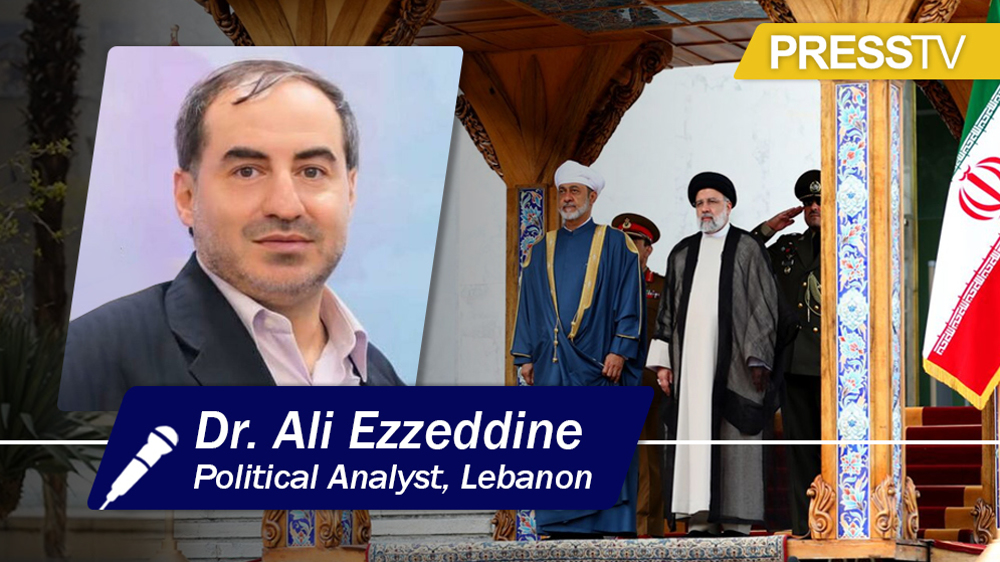
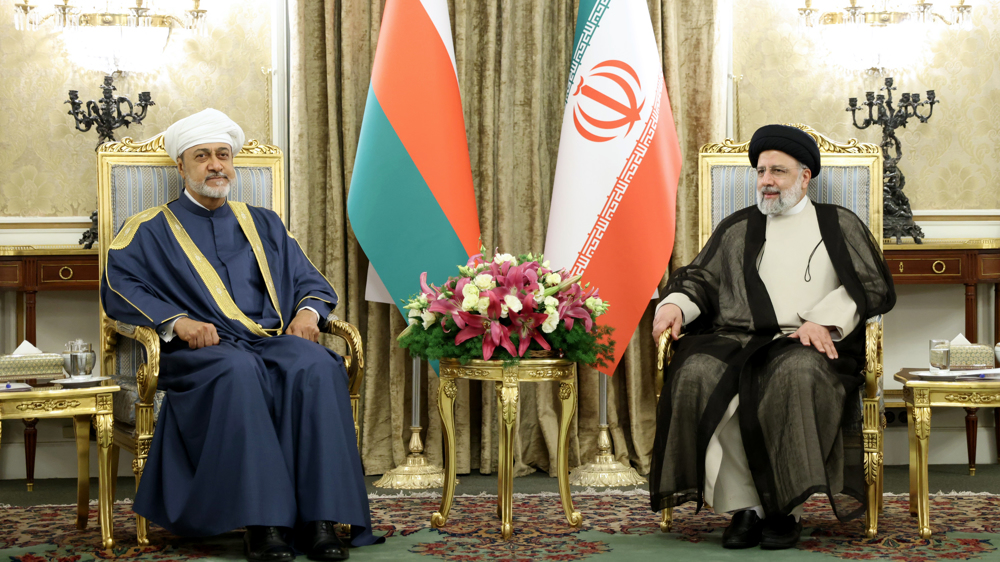
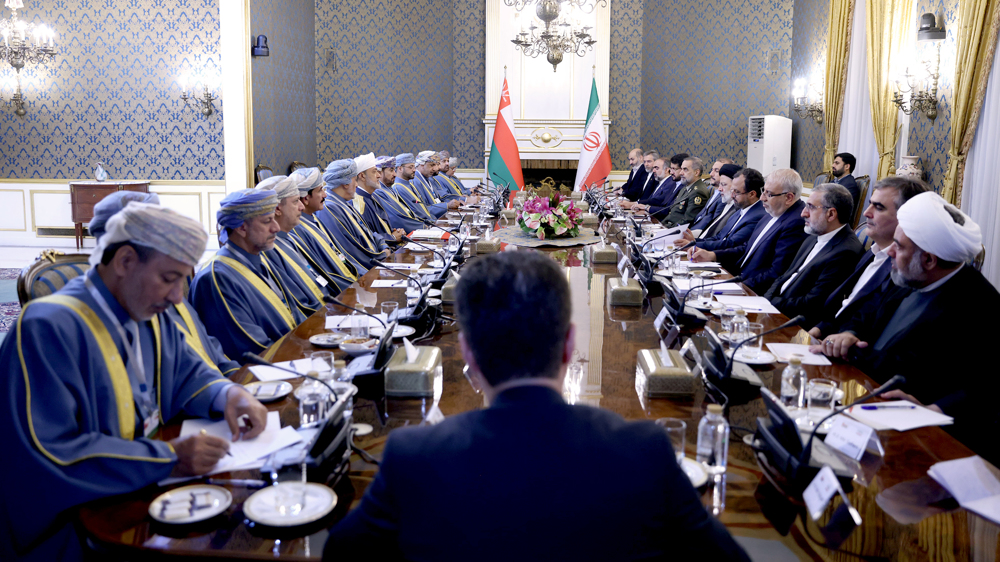

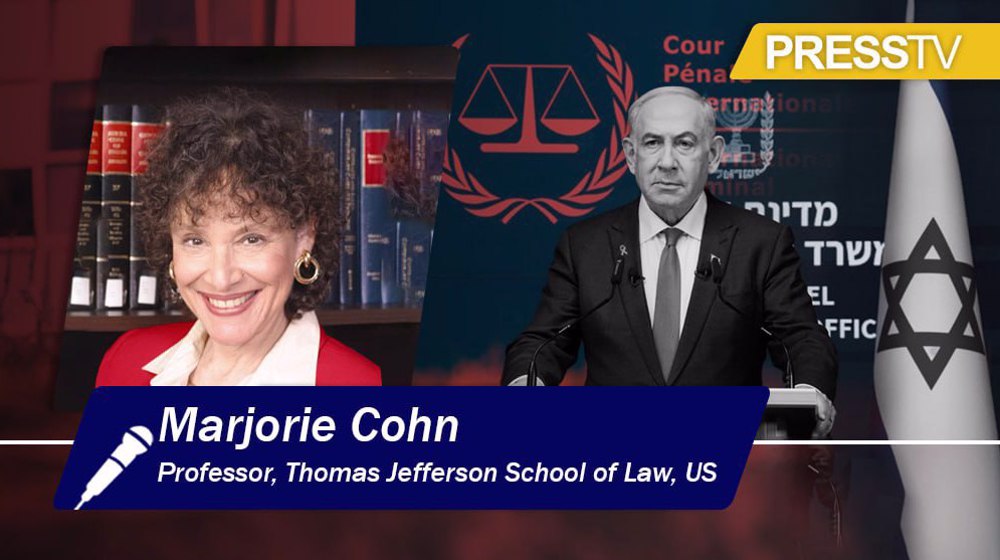
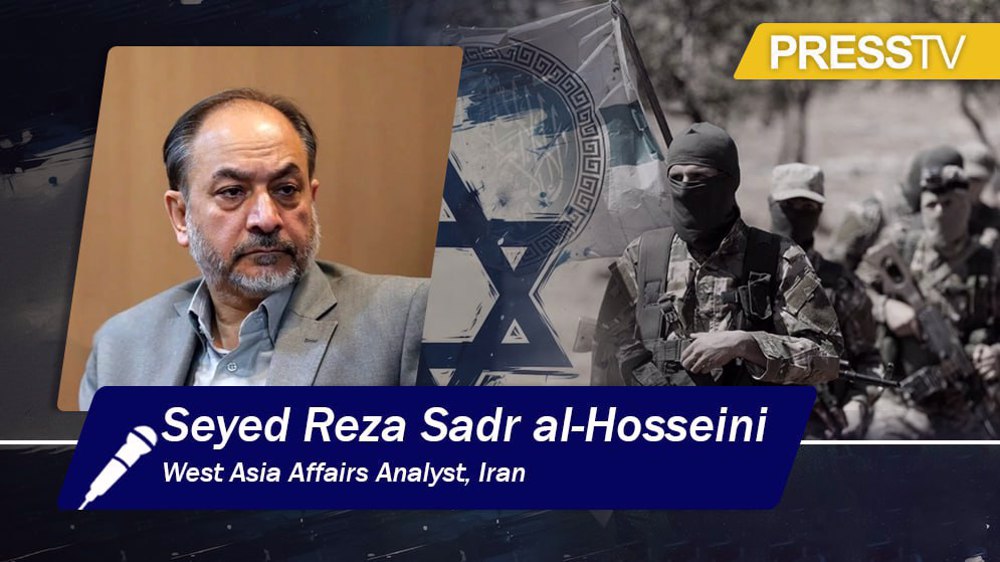



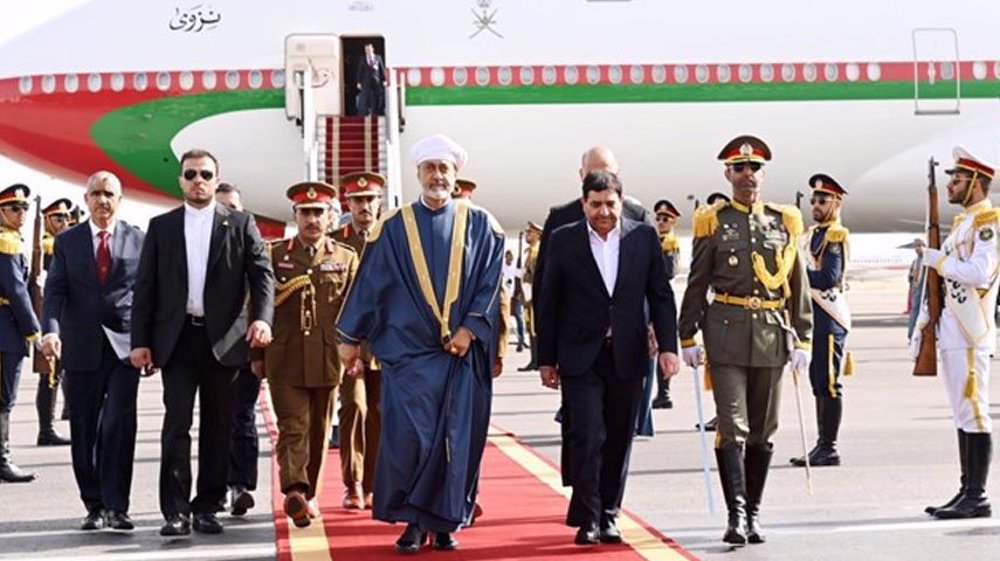
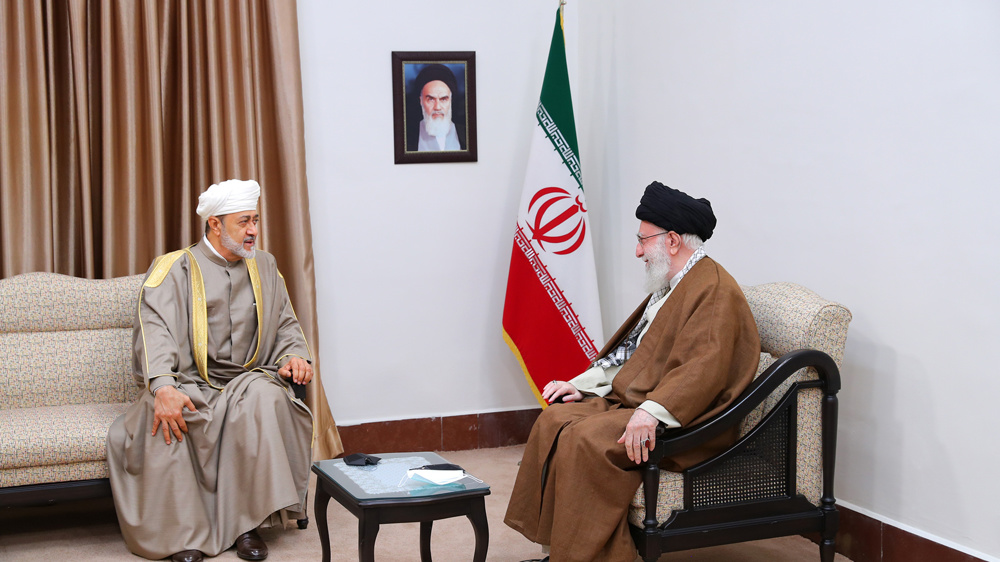
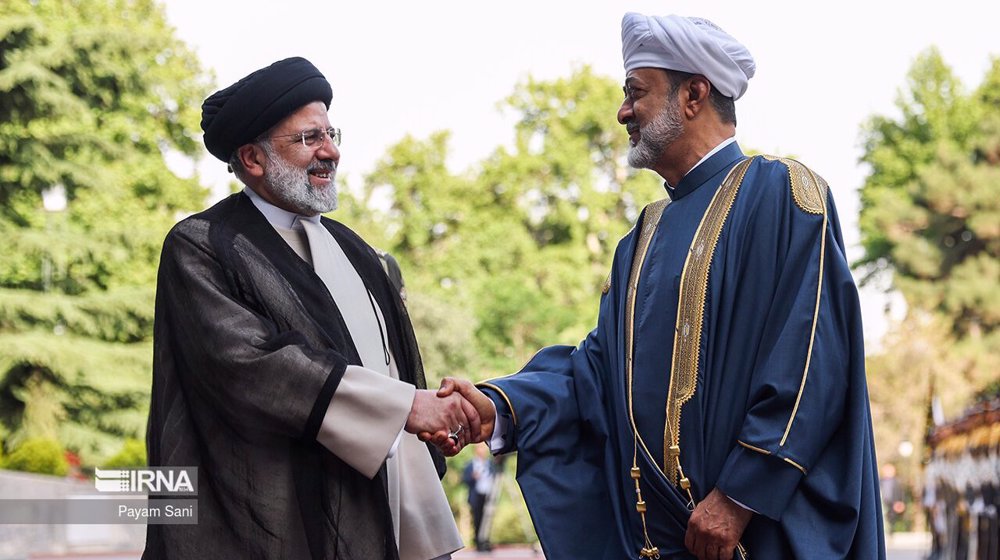
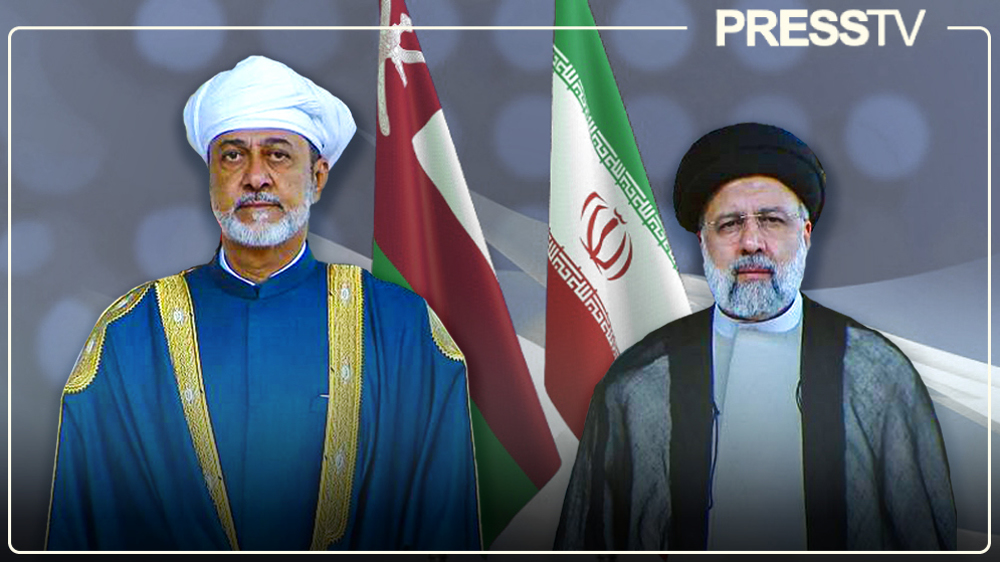

 This makes it easy to access the Press TV website
This makes it easy to access the Press TV website